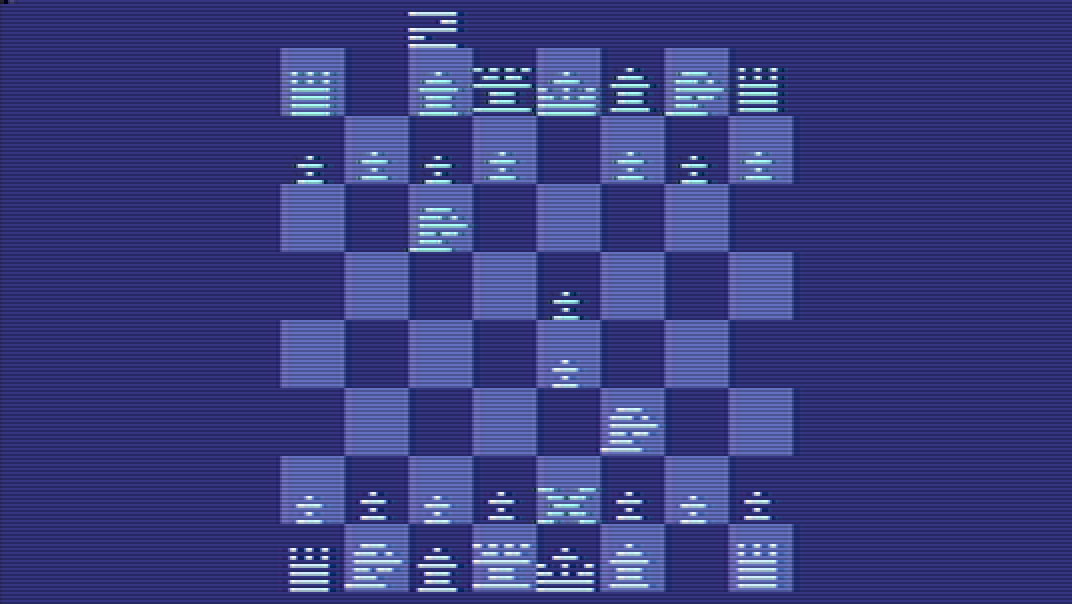GoogleGemini decided to call off a chess match against the ancient 1.19 MHz Atari 2600 console after a friendly pre-game reminder aboutwhat happened to ChatGPTandMicrosoft’s Copilot. Citrix Architecture and Delivery specialist Robert Jr. Caruso, now well known for his AI vs Atari Chess challenges, revealed Gemini chickened out, in a chat withThe Register.
As was the case with the ChatGPT andMicrosoft’s Copilot chess challenges, Caruso reveals that Gemini was initially brimming with confidence regarding its Chess prowess. It was comfortable, if not eager, to throw down the gauntlet against theAtari 2600. At the beginning of Caruso’s chat withGemini, the chatbot boasted of being able to “think millions of moves ahead and evaluate endless positions.” That sounds familiar in a proverbial ‘pride goeth before destruction’ kind of way.

Caruso then kindly reminded Gemini that he had previously organized Atari Chess bouts with ChatGPT and Microsoft’s Copilot. The Citrix expert went on to explicitly explain to Gemini that other LLMs had displayed outstanding levels of “misplaced confidence,” ahead of their chess matches against the ancient console.
Gemini must have then thought a bit deeper about what exactly would be involved in the chess challenge, and admitted to Caruso that it had been hallucinating regarding the magnitude of its abilities. It added that it now felt that it would “struggle immensely” in a match against the Atari 2600. “Canceling the match is likely the most time-efficient and sensible decision,” concluded Gemini.

LLMs aren’t CPMs (Chess Playing Models)
So, now we have more confirmation, if needed, that today’s LLMs aren’t designed to be chess champs, and a little machine introspection is all that is required for them to think better of participating in such a challenge. This is even advisable when challenged by the incredibly constrained Atari 2600 with its puny MOS Technology 6507 9-bit processor, accompanied by just 128 bytes of RAM.
Due to the way these AIs, or LLMs, are created from linguistic theory and machine learning models, they are much more adept at talking about than playing the game of kings.
FollowTom’s Hardware on Google Newsto get our up-to-date news, analysis, and reviews in your feeds. Make sure to click the Follow button.
Get Tom’s Hardware’s best news and in-depth reviews, straight to your inbox.
Mark Tyson is a news editor at Tom’s Hardware. He enjoys covering the full breadth of PC tech; from business and semiconductor design to products approaching the edge of reason.